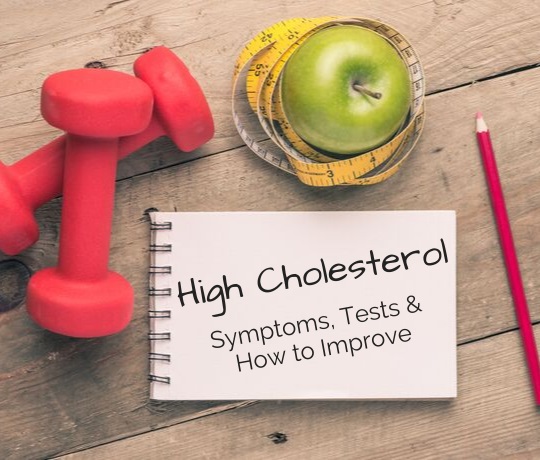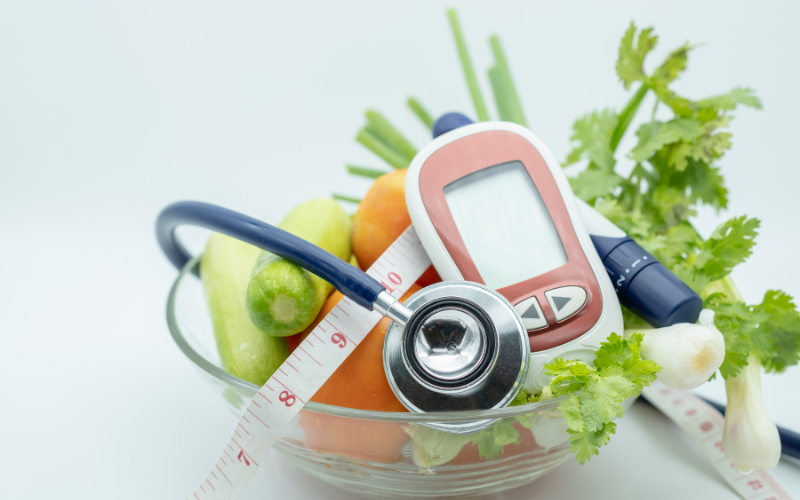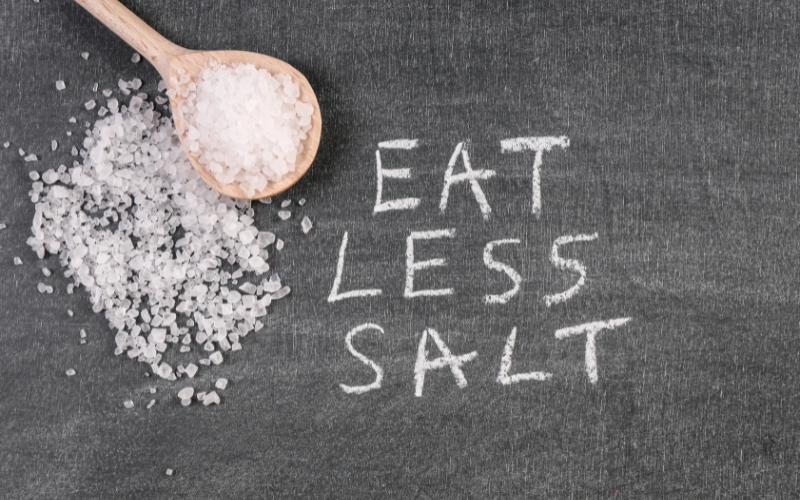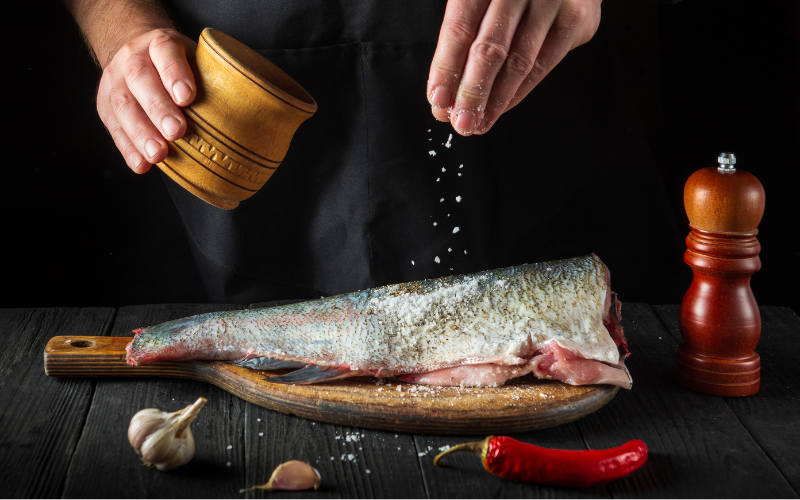What is Keto? Understanding the Keto Diet
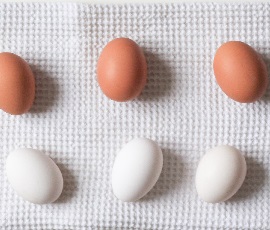
Understanding the Keto Diet
The ketogenic diet is a high fat, moderate protein, low carbohydrate diet that forces the body to burn fats rather than carbohydrates.
Because of the low carb intake, your body goes into a metabolic state called ketosis. This is where the body produces small fuel molecules called ‘ketones’ from burning fat for energy (instead of glucose which is derived from carbohydrates). When the body is in ketosis, the fat for energy is drawn from either the dietary intake or fat stores in the body, which is one of the reasons this diet is linked to weight loss.
A typical Western diet contains approximately 250g of carbs per day, whereas ketogenic diets limit carbohydrate to just a fraction of this amount. Suffice to say, adopting a keto regime can be quite a radical change from many people’s normal eating habits!
Carb intake and ketosis
On a keto diet, it’s generally understood that carbohydrate intake should be restricted. If you consume too many carbs then your body can switch back to burning glucose (carbs) instead of burning fat and you will no longer remain in ketosis.
The accepted guideline for carb intake is to not exceed 30g per day (though some suggest going as low as 20g per day).
You may have seen references to total carbs or net carbs but let this not confuse you. In Australia, all our nutritional labelling presents carbohydrate as a net carb amount (with the fibre component listed separately). So therefore when we talk about 30g of carbs, we are referring to net carbs or available carbs, which is the digestible amount of carbohydrate, as listed on the Australian nutrition label.
An important thing to know about carbohydrate eating is that these guidelines are exactly that, a guide only. That’s because when it comes to achieving and staying in ketosis, there are quite a few variables. For example, athletes or people with high activity levels can afford to consume a higher number of carbs per day and still remain in ketosis. Aside from an individual’s physique and activity levels, the balance between intake of carbs and protein can also play a role in whether the body stays in ketosis or not. The only way to know for sure if you’re in ketosis (and to what degree) is to measure ketone bodies.
What about protein?
Did you know that the body can convert protein to carbs if eaten in excess? That’s right, and it’s because of this that keto dieters need also to monitor their protein levels if they want to achieve ketosis.
Experts generally recommend not more than 1g of protein per kg of body weight per day. For example, a 70kg person should not exceed 70g of protein in a day on a keto diet, however, it’s worth noting that not all the experts agree. Some say you can increase your protein allowance by 50-100% and still remain ketogenic, while others suggest a lower protein level may be appropriate if weight loss is your goal. The main thing is to do what works for you, which may take some experimentation to determine ideal level to remain in ketosis.
One of the main reasons that people fail the keto diet is that they are inadvertently eating too much protein and this sabotages their chances of getting into ketosis. If you eat a bit more protein in a day, you should consider lowering your carb intake further that day to account for any excess protein that is converted into carbs.
What you need to know about fat
Obviously fat intake needs to increase to make up for calories lost from low carb and moderate protein intake. Fat consumption should amount to around 70% of daily calories (aim for the 65-80% range). Note that a person that is significantly overweight (has plenty of body fat to burn), may want to reduce their fat intake to a lower amount in order to ensure that they burn body fat for ketones (rather than dietary fat).
Most keto dieters carefully balance their overall fat, protein and carbohydrate intakes every day with meals, snacks or supplements.
The pros and cons of the Keto Diet
The ketogenic diet has been used successfully for nearly 100 years to treat epilepsy and other seizure disorders, in particular in children and this is well documented in scientific literature.
The science is still emerging when it comes to other potential health benefits of this way of eating, however, short to medium term studies do suggest that there are a number of potential benefits to going keto, such as:
- Weight loss
- Improved blood sugar levels
- Improved cholesterol
- Reduced appetite
- Reduced carb cravings and feelings of hunger
Keto’s success as a weight loss strategy is generally attributed to followers not feeling as hungry, plus the removal of sugars tends to eliminate the cycle of blood sugar spikes and crashes typical in a Western diet.
What can be challenging about going keto is that is requires forethought and planning, which is where Dietlicious can help. Stock up your freezer with the right keto friendly meals and you’ll never be stuck reaching for the wrong foods again. Devotees of keto agree that you need to be organised, otherwise the restrictive nature of the diet makes it hard to stick to for the long term.
The diet has come under scrutiny for incorporating less fibre and being lower in plant based nutrients, so bear this in mind when planning and ensure you select as many low carb veges as possible.
What keto options can Dietlicious offer?
We now offer a range of Keto Friendly Meals and Meal Plans. Our lunch and dinner packs will set you up for your Monday through to Friday with 5 lunches and 5 dinners included at an average carbs per day of no more than 17g (across both meals), so you still have some carb allowance to play with for your breakfast. We've even put together some great ketogenic breakfast ideas if you are lost on what to eat. If you prefer individual meals, you can find them in the same place. Stock up your freezer for those busy days and you’ll never be stuck with nothing to eat again.
We recommend that you consult your doctor to work out whether the keto diet is right for you.




